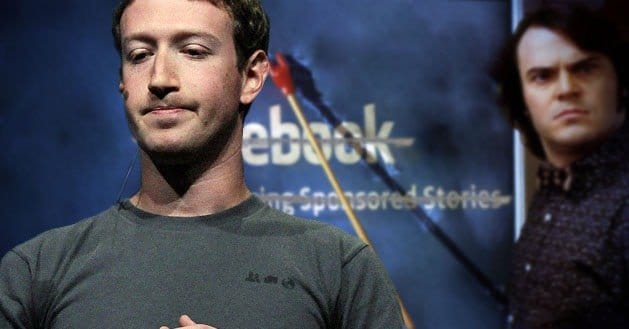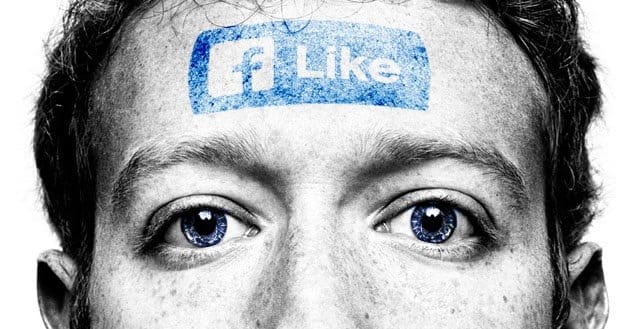 Written by ContentPowered.com
Written by ContentPowered.com
Facebook plans to remove sponsored story ads as of April 9th, 2014. This news might bring relief to people who hate the promotions that appear in their newsfeed. However, this will also probably inconvenience quite a bit of marketers in the process.
Promoters will soon have to find a new way to encourage engagement on fan pages. For instance, they might have to hire people to share their posts for them without Facebook’s help. Furthermore, they might have to pay other people to interact on their pages to encourage conversation. More than likely, they will turn to popular outsourcing and bidding sites for help with this task.
Otherwise, they might have to turn to other social sites to display their paid status messages. In any case, these controversial sponsored stories are ending for a reason.
Why Stop the Sponsored Stories?
Many people wonder why Facebook would stop these stories. After all, they do help show the online community that familiar people “like” a certain brand, product, organization or service. They also show real participation by users on pages.
However, the ads created often publicize actions by Facebook users when they “like” or check into a page. Not all people want their activity made public, and this controversial form of advertisement resulted in a $20 million class-action lawsuit filed in 2011.
This lawsuit particularly addressed the privacy of minors who never permitted Facebook to use their names in sponsored stories. In fact, many users manually objected to having their “likes” and interactions shown in advertisements. However, it happened anyway – people’s activity shown to the world without user authorization.
The sponsored stories often appeared in newsfeeds, but Facebook users also might see them in the right-hand column of any page. The advertisement team in charge of approving these ads will soon make changes to further protect privacy and avoid future legal action.
It seems as if Facebook made an attempt to protect personal information within the past few years, but in the end it seemed to not be a good enough effort. However, as far as advertisement in general, Facebook has not yet given up on that. In the process, they plan to make many improvements.
Facebook’s Upcoming Ad Simplification Process
The multi-billion dollar social network plans to pare down its ads. They will offer fewer types of promotions and will eliminate redundancy of advertising components available. Furthermore, all of the ads posted will look more uniform whether seen on smartphones, computers or tablets.
In addition, Facebook will give marketers new ways to reach their ideal audiences. For instance, businesses can already reach people within a certain age and interest group. However, in the future, the goal is to make sure promotions will not violate privacy like they did in the past.
Furthermore, marketers will have to make sure the ads they post will attract rather than repel viewers. The objective is to make sure people actually want to see what is posted, and to make sure the ads have enough of an impact on users.
Reactions to Discontinuing Sponsored Stories
Huffington Post users made quite a bit of comments pertaining to the removal of sponsored stories. One person asked if this means Facebook will no longer be “adding movies I voted 1 star on Rotten Tomatoes to my movie list as if I like them?!” Another user made a comment about waiting for Facebook to be obsolete that also showed disapproval about “the way those ads are placed.”
However, more avid Facebook users do not seem to mind the sponsored stories so much. On the other hand, they also do not seem to expect anything shared on the Internet to remain private, either. Not only that but some users express their opinions about people “complaining too much.” Apparently, not everyone is against these types of ads showing up in newsfeeds.
In any case, for some users, the sponsored stories can provide a way for them to like a page they want to review later. For the advertisers, these types of ads can help them encourage more interaction on their pages. However, promoters will soon have to consider other options for sharing their social stories.
What Are the Alternatives?
More information about Facebook changes in advertisement algorithms will appear in the news in upcoming months. However, what alternatives do marketers have after the discontinuance of the sponsored stories?
This pages October, Google decided to start “shared endorsements.” It will feature user +1 recommendations made in advertisement, but what is the difference between them and Facebook stories? The main issue stressed here is that Google wants to make sure people know they can opt out of having their name featured in the ads. Google plans to make sure users recommendations are kept private if they choose. Furthermore, people who are not yet 18 years old will not be included.
Twitter also has sponsored Tweets, and has done this for quite some time now. They also have a promoted follower program. Not as much ruckus has been made about users appearing in these types of sponsored stories as for the Facebook ones. However, that could be because many Twitter users do not sign up using their real names.
In any case, any company who fails to protect the privacy of people can face lawsuit. However, any social network that wants to sell sponsored stories could still do so if they respect privacy. Marketers and users can expect the guidelines concerning these types of ads to stiffen quite a bit in 2014.

